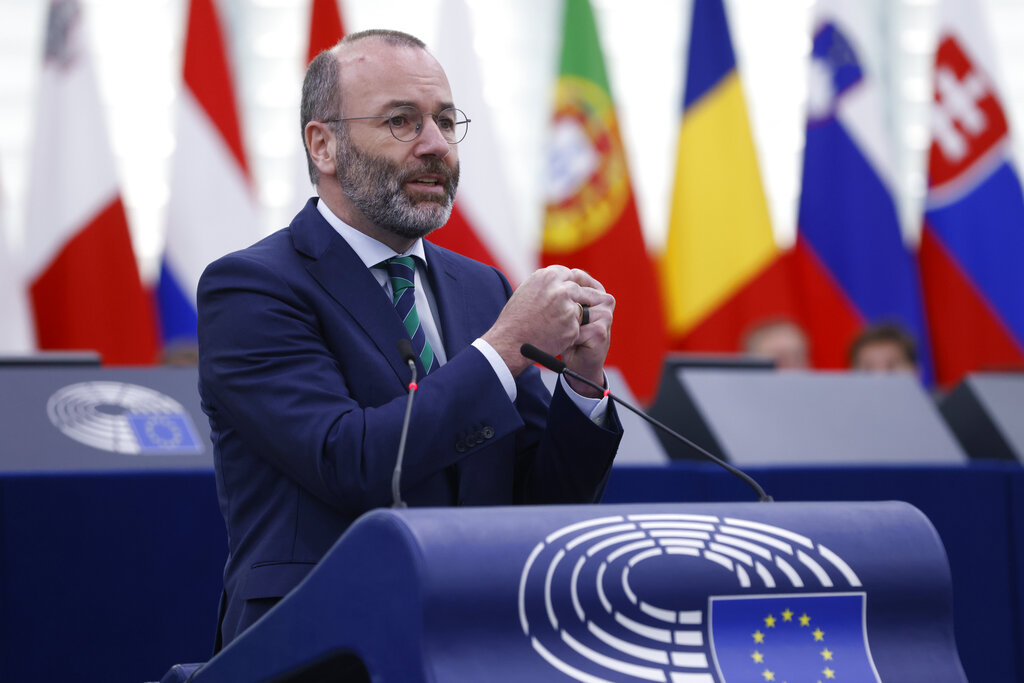Germany could face another migration crisis, and the government is not prepared to deal with it, said Manfred Weber, president of the European People’s Party (EPP), in an interview with German newspaper Die Welt on Sunday.
Weber, who played a pivotal role in driving Hungarian Prime Minister Viktor Orbán’s Fidesz party out of the European Parliament’s largest political grouping, now says reception centers in Germany are overcrowded and local authorities responsible for housing people seeking asylum are working under heavy pressure.
Orbán has been warning about Europe’s migration crisis for years and has taken a hardline stance on the issue, while politicians such as Weber have piled on against the Hungarian PM. Now, Weber is claiming that Germany cannot handle its most recent migration wave.
In addition, there is likely to be a resurgence of large numbers of Ukrainian refugees arriving in the European Union, including many in Germany, in the winter, as Russian President Vladimir Putin’s “terrorist regime continues to destroy the energy infrastructure in Ukraine,” said the politician from the Bavarian Christian Social Union (CSU), which is in the opposition in Germany.
[pp id=50586]
Weber has been a driving force in moving the one-time center-right political grouping dramatically to the left over the years regarding migration, LGBT issues, and traditional values.
He said he feared that dramatic developments would start in the winter, such as the need to turn more and more gyms into reception centers as well as restricting physical education in schools and sports clubs, just as during the 2015 European migration crisis.
The coalition government of the Social Democrats (SPD), the Greens, and the Liberals (FDP) is not prepared for this situation and “simply ignores the challenges,” said the CSU politician.
Asked about the increasing number of refugees arriving in the EU not only from Ukraine but also from Africa, via the Mediterranean, he stressed that Italy needed support and that Germany should therefore also help Italy “instead of giving millions of euros to NGOs involved in sea rescue, which only makes irregular migration more attractive.”
[pp id=57346]
He said it would make sense for German, Italian, and EU authorities to jointly control the EU’s external border in the Mediterranean. Those who do not have visas, passports, or good reasons to seek asylum in the EU should be “immediately repatriated,” he said.
He added that he also strongly advocated the creation of “diplomatic zones” in African countries, with the cooperation of local governments, where applicants can submit asylum applications and EU officials can examine them.
In a separate report on the refugee situation in Germany, Welt am Sonntag said the number of war refugees and asylum seekers could reach 1.2 million this year in Germany, meaning more people could seek asylum in the country than in 2015, at the height of the last refugee wave. At that time, 890,000 new asylum applications were registered with the federal Immigration and asylum service.
This year, roughly 1 million have arrived from Ukraine alone. They are granted residence permits without any special procedure. By the end of October, 181,612 asylum applications had been filed, mostly by Syrian, Afghan, Turkish, and Iraqi nationals. The number of asylum applications continued to rise in November, and authorities expect this to reach 200,000 by the end of the year, Welt am Sonntag reported.






